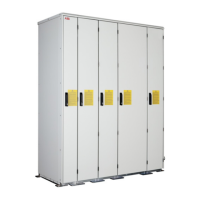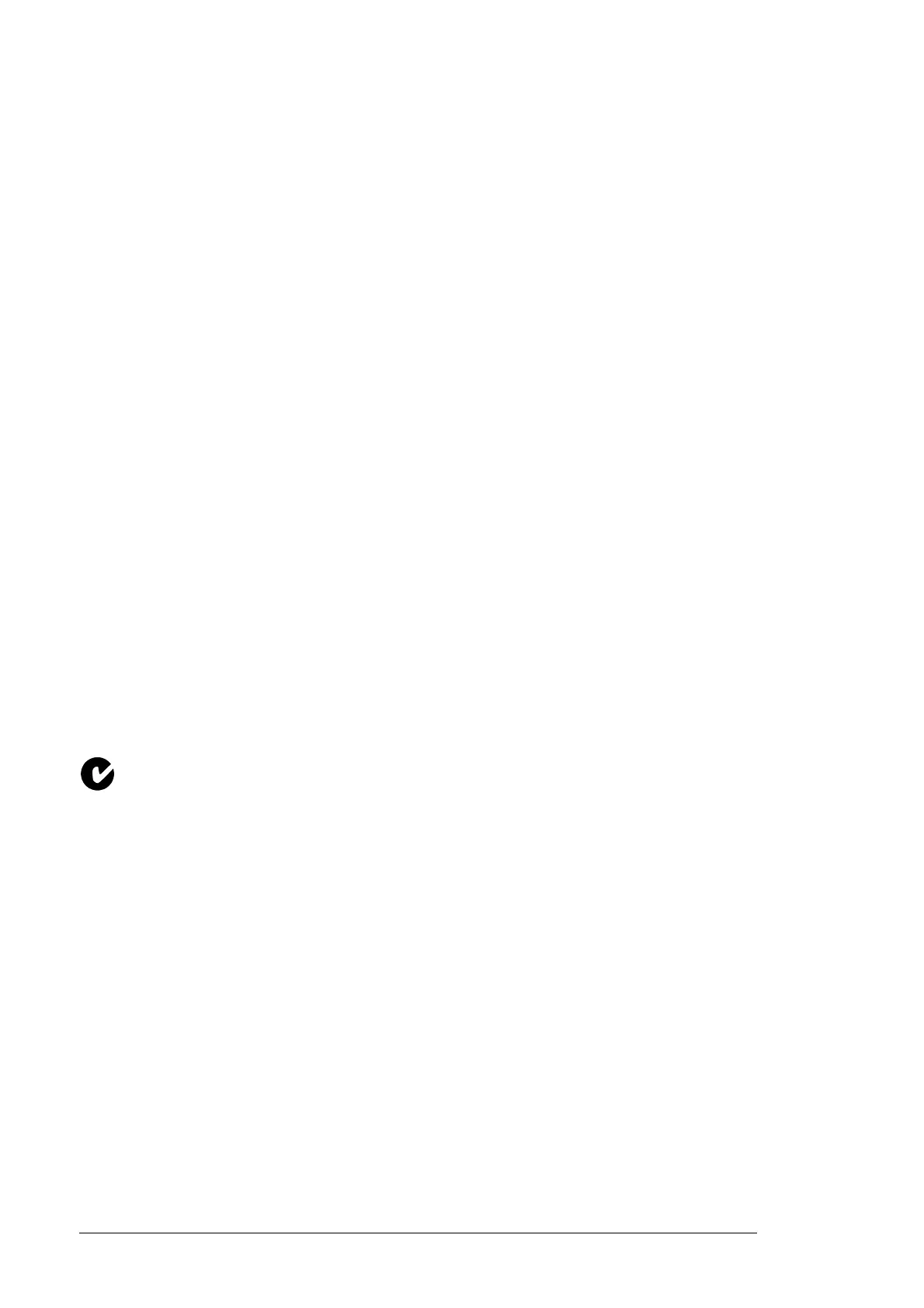134 Technical data
Ambient conditions – The converter is to be used in a specified environment. For the
specifications, see section Ambient conditions.
Input cable fuses – For installation in the United States, branch circuit protection must be
provided in accordance with National Electrical Code (NEC) and any applicable local
codes. To fulfil this requirement, use the US fuses given in section Fuses.
For installation in Canada, branch circuit protection must be provided in accordance with
Canadian Electrical Code and any applicable provincial codes. To fulfil this requirement,
use the UL classified fuses given in section Fuses.
Power cable selection – See chapter Planning the electrical installation.
Power cable connections – For the connection diagram and tightening torques, see
chapter Electrical installation.
Control connections – For the connection diagram and tightening torques, see chapter
Electrical installation.
Overload protection – The converter provides overload protection in accordance with the
National Electrical Code (US). See the Firmware manual for setting. Default setting is off,
must be activated at start-up.
DC chopper (brake) unit – The converter can be equipped with a chopper unit that will
allow the converter to dissipate regenerative energy (normally associated with quickly
decelerating a generator).
UL standards – See section Applicable standards.
CSA marking
ACS800 multidrive modules: The module is cCSAus certified. The approvals are valid with
rated voltages up to 600 V. The ACS800-67LC is not CSA marked. Contact the local ABB
representative when CSA approval is required.
C-Tick marking
C-Tick marking is required in Australia and New Zealand. A C-Tick mark is attached to
each converter in order to verify the compliance with the relevant standard (IEC 61800-
3:2004, Adjustable speed electrical power drive systems – Part 3: EMC product standard
including specific test methods). For fulfilling the requirements of the standard, see section
Compliance with the EN 61800-3.
Disclaimer
The manufacturer shall have no obligation with respect to any product which (i) has been
improperly repaired or altered; (ii) has been subjected to misuse, negligence or accident;
(iii) has been used in a manner contrary to the manufacturer's instructions; or (iv) has
failed as a result of ordinary wear and tear.

